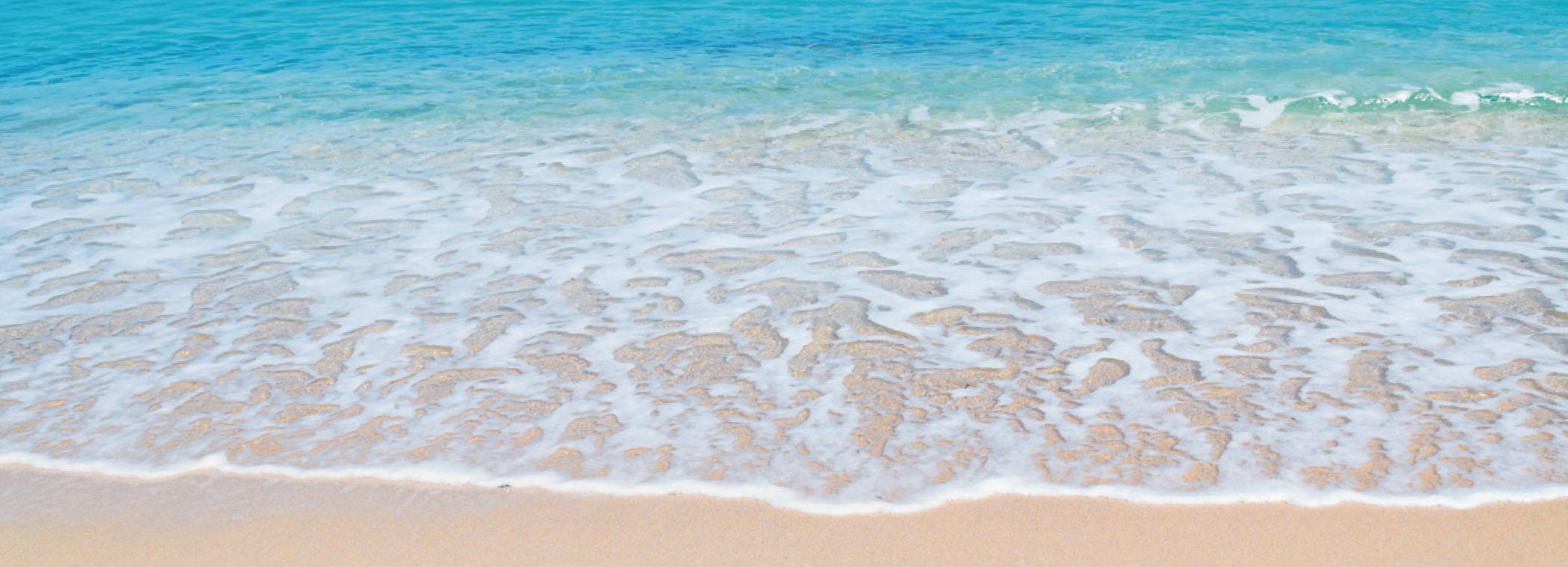Market Share: Barbie Goes Green

aslysun / Elizaveta / Galitckaia Gabriele Maltinti / Shutterstock.com
In her 62 years, Barbie, the renowned fashion doll manufactured by El Segundo, California-based Mattel, Inc., has proven herself to be a real go-getter—to say the least. Barbie has “held” more than 200 careers, in accordance with different versions of the doll sold on shelves, from an astronaut, firefighter, police officer, surgeon and veterinarian, to a U.S. Marine Corps sergeant, presidential candidate, pilot, ballerina and meme-maker. But this year, Mattel’s latest collection, Barbie Loves the Ocean, has the doll going green to promote cleaner oceans.
The collection was launched in June as part of the campaign, “The Future of Pink is Green,” which was designed in partnership between Mattel and global creative agency BBH LA. It includes three dolls and three playsets—a beach chair set, a volleyball-themed set and a snack bar set—and the dolls, as well as the Beach Shack playset, are made using 90-percent ocean-bound plastics that were collected within 31 miles of waterways that lacked effective waste collection systems. In line with the collection, the dolls and playsets are packaged in FSC-certified recyclable packaging, and the toys range in price from $9.99 to $19.99.
Barbie, who is also a lover of the beach and water sports, is using the new collection as a way to increase awareness among its target audience, children ages three to seven, about the importance of keeping the world’s resources clean. For the campaign, Mattel also released a vlog on Barbie’s YouTube channel—which has 10.5 million subscribers—during which Barbie and two of her friends “speak” with fans about how to change one’s own behaviors to make a difference in the planet’s health. In the video, Barbie suggests unplugging electronic devices when they’re not in use, turning off the faucet while brushing one’s teeth, car-pooling, using reusable water bottles and lunch boxes, and composting. Watch it here: www.youtube.com/watch?v=WKomlH-LeJA.
Barbie Loves the Ocean and the promotional campaign are part of a larger effort on Mattel’s behalf to work toward 100-percent-recycled, recyclable and sustainable packaging alternatives in all its products by 2030. This year, Mattel is working to reach 96-percent recycled or FSC-certified content, pertaining to the paper and wood fibers used in its packaging, by year-end.
Also in the works, Mattel recently partnered with 4Ocean, a Boca Raton, Florida-based manufacturer, to launch a limited-edition Barbie-branded bracelet. All bracelets will also be made using post-consumer-recycled plastic materials and are hand-assembled in Bali. As part of the agreement, 4Ocean will remove one pound of garbage from oceans, coastlines and waterways for every bracelet sold.
With the Barbie brand holding such a large footprint globally—58 million dolls are sold around the world each year, and 100 are sold every minute, according to Barbie Media—and with its products having the capability to influence and educate young children, establishing the Mattel brand as a leader in sustainability can leave an impact with both children and their parents/guardians alike. In Barbie’s vlog, she states, “We all have more power than we realize.” By offering caretakers a sustainably-made toy with a positive message to present to children, they are also involved in the charge to raise awareness, while also encouraging physical play.
––––––––––––––––––––––––––––––––––––––––––––––––––––––––––––––––––––––––––
Danielle Renda is associate editor of PPB.

